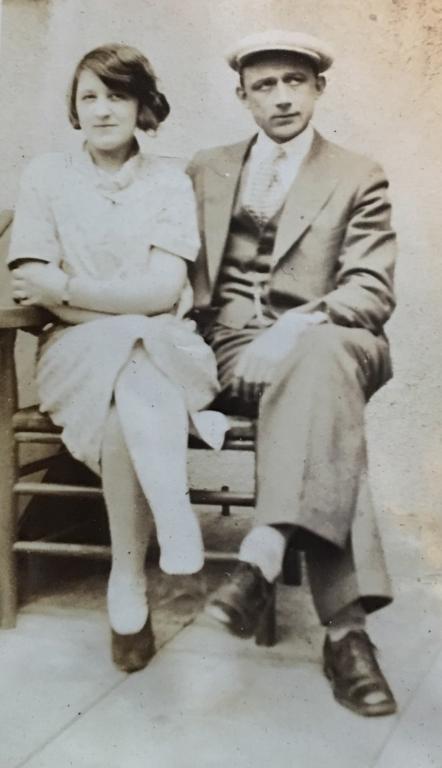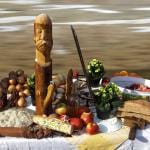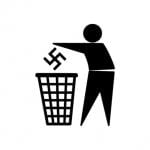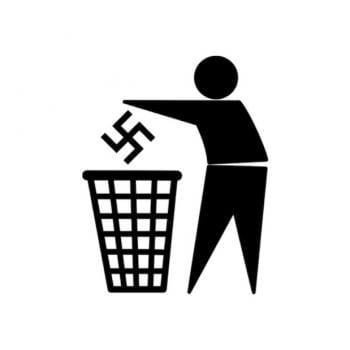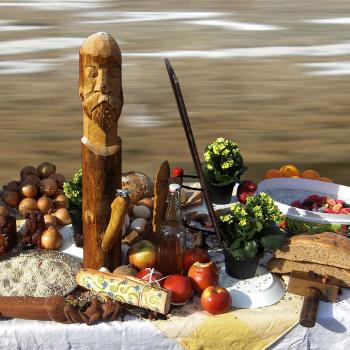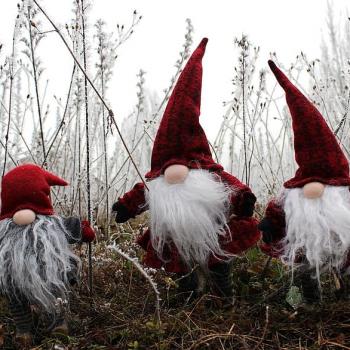A lot of my brain space has been devoted to ancestor veneration these last few weeks. “But you’re heathen,” you think. “Aren’t you guys obsessed with honoring your ancestors?” Well, yes and no. Some of us focus on ancestors and disir more than gods or vættir, some maintain a nice balance. Then there’s heathens like me: the ancestors are almost an afterthought in my devotions to the gods.
A former colleague and old friend messaged me recently with a surprising query. He was raised Mormon and had been doing a bit of genealogy (I know, right?), and his research turned up quite a lot of ancestry from Scandinavia. He wanted to know how one goes about learning the pre-Christian culture of his forebears and worshiping them. This highly unexpected question came on the heels of a fascinating Zoom lecture I saw about DNA ancestry kits. Couple that with the heavy thinking I’ve been doing about my paternal grandfather and I’m compelled to babble on about the topic here. Lucky you.
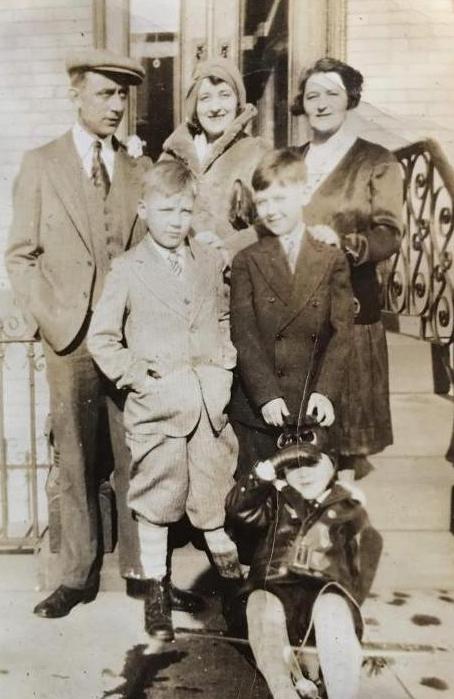
Who Do We Mean by “Ancestors”?
Let’s be honest: is there any term more infuriatingly vague than “ancestors” when it comes to religious/spiritual practice? How far back do we go when we venerate ancestors? Do we get to pick and choose who we honor? What about relatives we actually know that passed on? What about the villains in our family trees? What about people who have been adopted, or have no knowledge of their family history or origins? WHAT ABOUT . . . . .?!
First and foremost, as a Norse heathen, I preface discussions of ancestry with a loud, obnoxious “YOU DON’T HAVE TO HAVE SCANDINAVIAN OR GERMANIC ANCESTORS TO BE HEATHEN.” If you are of Nordic stock somewhere in your family line and you feel drawn to the Northern gods, by all means, explore and have fun. If you’re not even remotely Scandinavian? EXPLORE AND HAVE FUN. Nobody gets to dictate your spirituality. If you have an interest in connecting with Odhinn and Thorr and the rest of the gang, or you feel Frigg or Njord tapping on your skull, that’s between you and them and no one else.
Avoid groups and heathens describing themselves as “folkish/volkish” when you’re looking for people to meet and blót with – there’s plenty of us out there who don’t care about your genetic makeup (unless there’s some weird evolutionary thing happening, like extra appendages or gills or something, and that’s only to ensure we can accommodate physical comfort when the kindred decides to make shirts).
Many of us in/from the Northeastern US focus our veneration on the ancestors we either knew personally or those whose stories have been passed down from generation to generation. When we hail them in sumbel or honor them at home, we share their stories. Hard to do that about a distant great-great-29x-grandfather from Sweden whose name is lost to time. In personal practice, when looking for guidance or simply saying “thanks for helping me exist,” we can pay homage to the ancestors as a collective.
Okay, but who are the ancestors?
The concept of “ancestor” is greater than just a genetic lineage. Many of us tend to count beloved friends and community members as one of the ancestors when they die. After all, we honor our ancestors because they helped make us who we are today. From the basic concept of “I wouldn’t exist if these people hadn’t coupled up seven generations ago” to “my third grade teacher had a tremendous impact in how I see the world and became a cherished friend after I reached adulthood,” we touch people’s lives without even realizing it.
I’m not related by blood to anyone in my kindred or community, but you’d be horribly wrong if you think they’re not my family. When they die, I will venerate them as ancestors for all they did to teach me and encourage me and challenge me and love me. When I die, I hope they do the same. Sometimes the greatest growth is facilitated by people who aren’t blood kin, and these are the people we turn to advice when we need it.
A lot of the heathens I blót and sumble with honor parents, grandparents, and extended family in ritual. Our ancestor altars have pictures of great-grandparents, family heirlooms from the last few generations, and maybe something to represent the greater legion of the distant collective. Very rarely are we raising toasts to the pagan farmers who lived in the fjords because we didn’t know them. We (usually) don’t have stories or family lore about them, and the only connection we have might be a fragment or two somewhere in the DNA strands deep in our cells. We wouldn’t exist without them, but they’ve hardly influenced us to become the people we are today.
Besides, you may not know anything about those from so long ago. Do you want to weave your Wyrd in blót with someone praising distant ancestors who, for all they know, were cruel, sadistic, psychopathic? Do what you will in personal practice, but when communing with others and blending your fates together over a horn of mead, it’s probably best for everyone involved if you stick to honoring and hailing the people whose deeds and reputations we know.
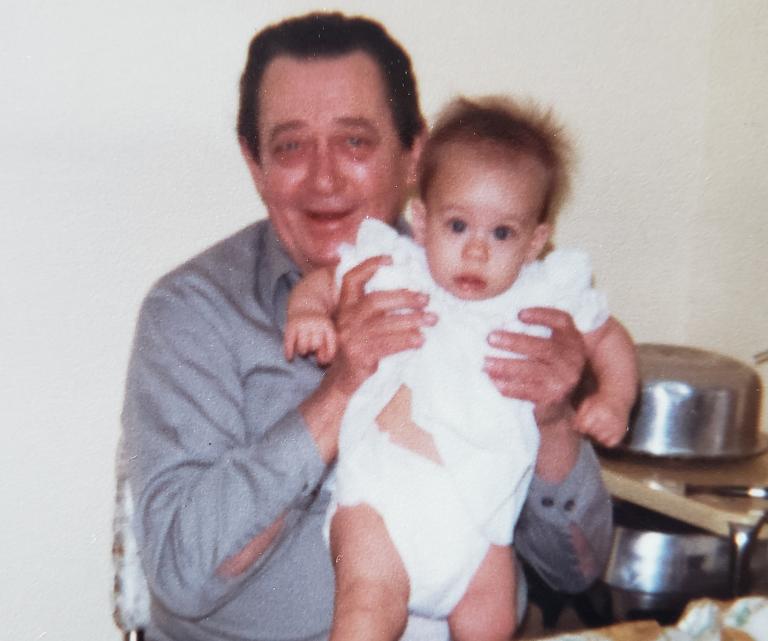
Speaking of deeds and reputations. . .
None of us are required to honor our ancestors as a whole, or to venerate deceased relatives who weren’t good to us when they were alive. Each and every one of us has someone in the family line who isn’t remembered fondly, many of us have experienced abuse and strained relationships with parents or grandparents, and none of us should feel pressured to count them among the ancestors in worship or ritual. We engage in spirituality to better ourselves and to explore new perspectives and to help our communities; forgiveness can be a powerful tool in personal healing, but it’s not a requirement to count those dishonorable names among the ones we venerate.
My own father was heathen, but I don’t count him among the honored dead of my family. He was cruel in life, and death doesn’t magically absolve him of his deeds. I happily honor his father, my grandfather, who was also heathen and very much beloved to me. Grandpa earned his place on the ancestor altar; my father orchestrated his own exclusion. Just because he’s an immediate ancestor who believed in the same gods and afterlife as me doesn’t mean I have any obligation to raise a horn to him in sumbel. The same applies to you and your relationships: never feel obligated to honor anyone who has harmed you, regardless of their place in your family tree.
In heathenry, we take seriously the concept of Wyrd: our fates and destinies are like strands of thread, and when we gather together, the many threads of those assembled are woven together to form their own pattern in the great cosmic tapestry. Even if our paths diverge, that part of our threads are still woven together, forever linked, influencing the shape of the pattern to follow. If we’ve managed to escape an abuser, we want to keep the future weave free of that other thread. If we’re pressured to honor and hail the less-than-noble dead, we’re threading our Wyrd right back together.
What if they’re Christian?
It seems rather disrespectful to hail beloved Christian family members in a pagan rite. This is something I’ve long been aware of thanks to my work as a funeral director. The vast majority of the families I’ve served have been some brand of Christianity, Jewish, or Muslim. Praying to Hel to welcome the souls of the Christian departed is inappropriate. Instead, I petition Hel and Odhinn during the preparations of the body and arrangements of the services, to help me serve the family well and to help me prepare the body for the funeral rites.
At the services themselves, or with the grieving family, I pray to the deity of their choosing. I’ve said the Our Father in countless churches, and I’ve said it with meaning because it’s said on behalf of the dead. I’ve spoken the 23rd Psalm with sincerity to comfort the living while hoping to guide the departed soul to their desired afterlife. I have no problems praying to gods who aren’t my own when doing so helps the people around me. The Northern gods are not jealous gods, and they know my dedication remains always with them. The Abrahamic G-d knows I am not His. He recognizes when I pray on behalf of His own flock. There is no hypocrisy, no ill intent.
That’s the cool thing about being a polytheist: all gods exist, including G-d and his many names, and we can pray to whomever we need in a given situation. This includes a nod to Christ when remembering your sweet Presbyterian uncle or lighting an Immaculate Heart of Mary candle for your devout Catholic grandmother. And when celebrating them in sumbel? Well, we’re not hailing the gods during the ancestor round. We’re telling stories about those we miss. It’s not disrespectful to our late relatives’ beliefs to share anecdotes so they’ll be well remembered.
Worship vs. Veneration
I’ll tell you the same thing I told my formerly-Mormon friend when he asked. It depends on what you mean by “worship.” There’s a difference between worship and veneration. Worship is a religious or spiritual act, usually directed at deity, while veneration is having deep respect for someone. Heathens tend to venerate our ancestors. Some may engage in worship, particularly with the Disir (the collective of female spirits/ancestors). Usually it’s as simple as lighting candles on the ancestor altar, leaving an offering of mead or aquavit or scotch, and just talking with the ancestors. You don’t have to be formal: this is family, after all.
Even if all of your known ancestors were Christian, and you know nothing of your distant family, take heart that somewhere in that great horde of people who came before, someone cares about you. Even if your lifestyle, identity, and beliefs are foreign to them, they still want what’s best for their descendants and can offer protection and guidance. The dead don’t judge us the way the living do. Even if your immediate family is hostile towards you for whatever reason, the ancestors have different perspectives and there will be a faction who will stand by you. Don’t be afraid to say “hi” and thank them for their protection.
